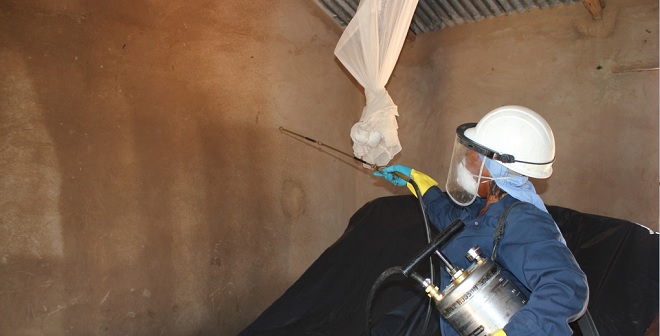
The ManicaPost

Tendai Gukutikwa
Post reporter
WITH support from the Ministry of Health and Child Care, Mutare recorded a 55 percent reduction in malaria cases during the previous rainy season.
However, despite the milestone, Manicaland is still struggling with controlling the disease as it is currently the province with the second highest recorded malaria cases.
The province which recorded the highest number of cases was Mashonaland Central province at 1 084.
According to the MOHCC’s weekly Disease Surveillance Report for week ending March 19, 4 113 malaria cases were reported across the country during that week, with Manicaland accounting for 1 071 cases.
However, no malaria related death was reported in the province during that week.
Only one death was recorded in Midlands.
All this comes ahead of World Malaria Day, which is commemorated on April 25 annually.
World Malaria Day 2023 will be commemorated under the theme ‘Time to deliver zero malaria: invest, innovate, implement’.
Within this theme, the World Health Organisation and other health bodies will focus on implementing initiatives to reduce the impact of malaria.
Speaking during a service delivery feedback meeting held at Mutare Hall recently, Mutare City Council’s acting health services director, Mrs Eunice Muyambuki said the city only recorded 149 confirmed malaria cases during the rainy season.
This was a significant decrease from the 332 cases that was recorded in 2021 during the same period.
“The city’s health department worked extra hard in fighting malaria and we managed to record a major reduction on malaria cases. We attribute this success to our employees who are maintaining our streams and canals in the communities as well as the Health Ministry which is assisting us with bio-larvicides for use in water bodies to control mosquito breeding,” said Mrs Muyambuki.
Bio-larvicides are used to control vectors.
They are a type of insecticide used to control mosquitoes both indoors and outdoors.
They work by killing mosquito larvae before they can grow into adult mosquitoes, thereby decreasing the risk of malaria.
Malaria is a disease caused by a parasite which is transmitted by the bite of an infected mosquito.
Worldwide, malaria kills an estimated one million people each year and hundreds locally.
Sadly, up to 90 percent of malaria deaths occur in Africa, probably due to the climatic conditions that allow for the breeding of mosquitoes.
Malaria’s signs and symptoms typically begin within a few weeks after being bitten by an infected mosquito.
People who visit and live in malaria hotspots are at risk of contracting the disease.
In areas where malaria is common, prevention involves keeping mosquitoes at bay through the use of bio-larvicides, spraying walls with insecticides, sleeping under a mosquito net, covering one’s skin as well as spraying clothing and skin with mosquito repellent.



